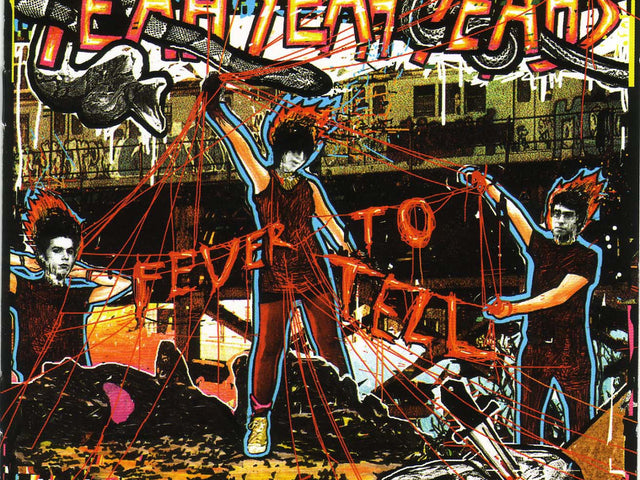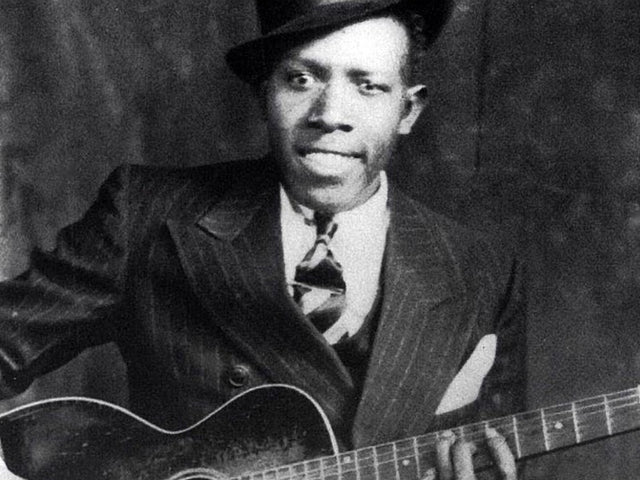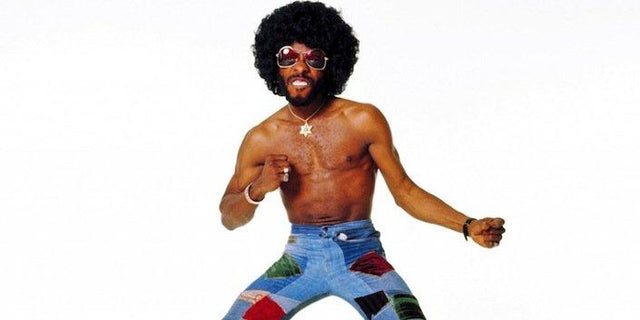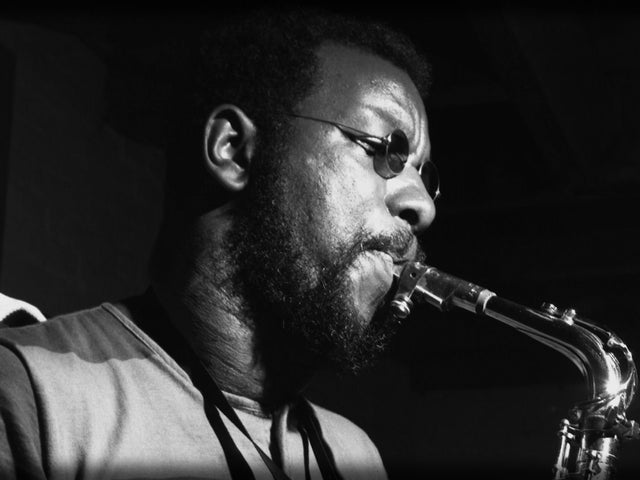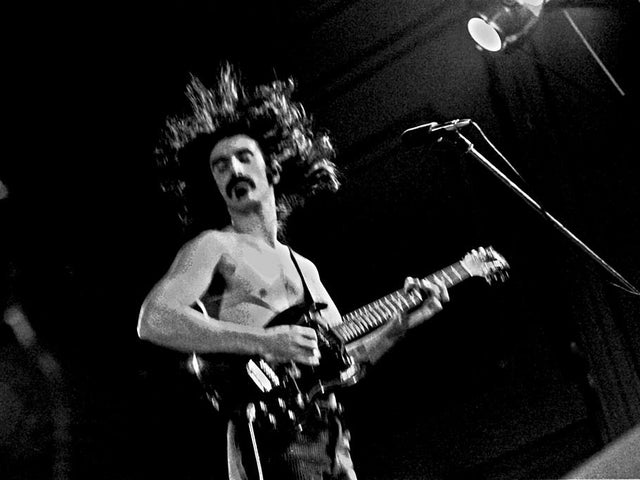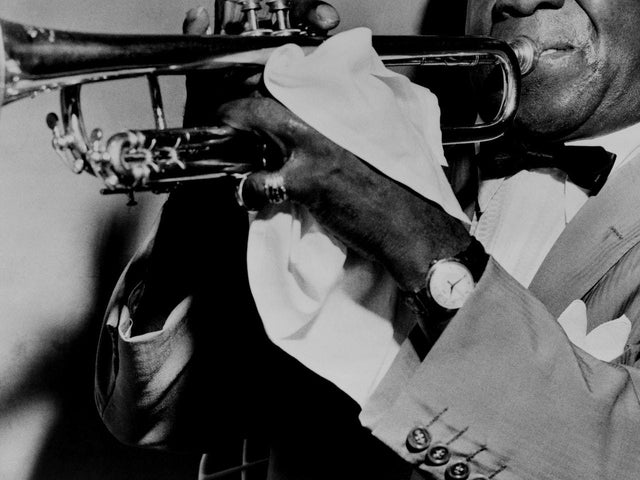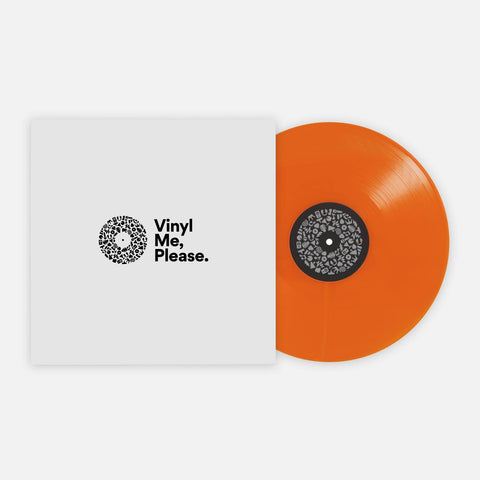The 10 Best John Williams Film Scores To Own On Vinyl
John Williams… that’s it. Just two words are all that’s needed before images of deserts, aliens, flying men and big-ass sharks flash through your head. The man has amassed dozens of awards, composed a generation’s worth of famous film scores, and his name is as synonymous with movies as those of the directors he’s worked with. You’d think that’d be enough but at 86 years old he’s still composing and conducting live orchestras for concerts across the country. Looking at his impressive discography it’s strange to think about Williams’ early career as a jazz pianist. Just listen to his second album World on a String (1957). Nowhere does it hint at him becoming a musical force of nature and one of the best and most beloved film composers of our time.
After completing his studies, Williams began working as an orchestrator and studio pianist for film studios in L.A., working with famous composers like Bernard Herrmann, Henry Mancini and more. By the 1960s Williams was composing and conducting film scores for films like How to Steal a Million (1966) and Valley of the Dolls (1968). He even did a classic western score on John Wayne’s The Cowboys (1972). Williams then cut his teeth on all-star disaster flicks like The Poseidon Adventure (1972) and The Towering Inferno (1974) where music cues for action sequences, character deaths and foreboding suspense were important to inspire emotional responses from audiences. In other words, he became an expert at using leitmotifs, or musical phrases associated with characters, themes, etc., to draw the audience’s attention to certain ideas or people. This experience would be important when he signed on to do Jaws (1975), which brought Williams mainstream appeal and set him on a decades-long working relationship with Steven Spielberg, scoring most of his biggest films. The rest is history.
Williams is a legend. His scores have taken us on journeys through space, land, and sea. We’ve laughed, we’ve cried, we’ve had his movie themes bonded to our souls since childhood. Have a personal favorite? Here are 10 of ours.

Superman: The Movie
There’s something Superman (1978) has that no current reboot will ever have and that’s the most iconic and heart-stirring Superman theme of all time. When you’re listening to the “Main Title March,” aka the Superman theme, the whole thing just screams Superman! It’s heroic, assured, soaring; the score gives an unabashed declaration that he is a symbol of good and there will be no smileless brooding allowed. The musical cues are also varied. Williams gives Kal-El’s home planet a stately aloofness in “The Planet Krypton” and there’s something delightfully dopey about “The March of the Villains.” Superman’s desire to belong and decision to stay alone is best exemplified by the “Love Theme from Superman” (and “The Flying Sequence” which also features the love theme). It conveys the romantic longing between Superman and Lois, which is hopeful and sad all at the same time; even when they’re just starting to get to know each other the audience gets a sense from the music that the distance between them may be too great. It is truly one of Williams’ great love themes.

Lincoln
Lincoln (2012) covers the final few months of Abraham Lincoln’s life, with the bulk of it about his administration’s efforts to get the House of Representatives to pass the 13th Amendment to the U.S. Constitution—the amendment which made slavery illegal. The film uses this political wheeling and dealing to give a deeper insight into Lincoln and the last days of his life rather than going full-on biography. The music is grand and sweeping in its unassuming, intimate moods. The orchestral swells and brooding swings underscore the drama and the stakes. Williams channels Aaron Copland in music that honors the time period, including a wonderful piece called “The Race to the House,” which includes excerpts of several traditional fiddle tunes from the Civil War era performed by Jim Taylor. But it isn’t all twang and fiddle. “Equality Under the Law” is impressive as it progresses from a solo to a chorale. The somber strings of “Elegy” and the memory of the death of the Lincolns’ third son at the age of 11 in “Remembering Willie” are particularly emotional. This is one of Williams’ best period scores which burrows deep into your bones upon repeated listening.

The Empire Strikes Back
When Star Wars was released in 1977, the special effects were amazing, Williams won several Best Original Score awards, and little did anyone know a sci-fi dynasty had been born. And yet musically that wasn’t really apparent until Empire Strikes Back (1980). Argue all you want about which film of the original trilogy is the best but in terms of music, Empire is the one that established these films as the ultimate space opera. Williams interspersed well-known themes from Star Wars throughout (like “The Force Theme” which isn’t explicitly named on any of the official soundtracks) and then introduced themes as beloved as “Yoda’s Theme” and “The Imperial March” aka Darth Vader’s theme—a theme so ubiquitous you can hear it played at high school and college football games. “Han Solo and the Princess” in particular is a study in subtlety and phrasing. It opens as a play on “Princess Leia’s Theme” but with a deeper tone to indicate the increased complexity in their relationship. There’s tenderness and danger and it is my favorite piece of the whole Star Wars shebang. Get this album.

The Accidental Tourist
For those who forget that Williams can also compose personal film scores, I like to point them to the soundtrack for The Accidental Tourist (1988), a film based on the Anne Tyler novel. At the time of release it was highly acclaimed and nominated for four Academy Awards including Best Picture and Best Original Score. Starring William Hurt, Kathleen Turner and Geena Davis, it’s about a man named Macon who writes travel guides for business travelers who hate traveling. His routine-filled life is disrupted when his wife (Turner) leaves him, their marriage reeling in the aftermath of their son’s murder, and again when he gets pursued by the unpredictably vivacious Muriel (Davis), pulling him out of his shell. This quiet soulful story is equally matched by Williams’ understated score. Macon’s main theme, usually played by piano, starts off restrained and distant, with flourishes continually added throughout the film, until a filled-out orchestra represents Macon’s emotional catharsis (“A New Beginning”). The score musically describes Macon’s awakening to the happy possibilities of the unfamiliar and unpredictable.

Raiders of the Lost Ark
It figures that a movie filled with so many classic film sequences would have the score to match. The Raiders of the Lost Ark (1981) soundtrack is so chock full of themes and fanfares, it satisfies the adventure-seeking child in all of us. In 1936, Indiana Jones (played by Harrison Ford), respectable archaeology professor and tomb-raiding adventurer, escapes booby-traps in Peru, fist-fights baddies in Nepal and out-smarts Nazis in Cairo in the search for the Ark of the Covenant. In what has become Indy’s theme, “The Raiders March” is a true hero march, bringing to mind images of Indy escaping death and riding off to deal out righteous bone-smashing punches to Nazis. “Marion’s Theme,” “The Miracle of the Ark,” “The Basket Game”—the list goes on. Now of the various vinyl editions that have been released, my recommendation is last year’s 2xLP reissue. Compared to the original 1981 single LP release, it includes more score cues like “Washington Men,” “The Medallion,” and “Indy Rides the Statue” which are essential to the Raiders experience.

Empire of the Sun
The score to Empire of the Sun, Steven Spielberg’s 1987 film about childhood innocence lost in the backdrop of World War II, is a striking balance between a child’s self-centered view of the world and the horrors of war. In one of Christian Bale’s first film roles, he plays a British schoolboy (Jamie “Jim”) living in the Shanghai International Settlement when Japan invades, becoming separated from his parents and ending up in an internment camp with a mix of British and American prisoners. Williams tackles this coming-of-age story with the right amount of whimsy and drama. Jim’s sense of adventure and idolization of Japanese airmen and later the Americans is demonstrated with “Jim’s New Life” and “Imaginary Air Battle” but is interspersed with darker themes like “Lost in the Crowd” and “The Streets of Shanghai.” The piece “No Road Home/Seeing the Bomb” sees Jim’s awakening to his true predicament and he witnesses the flashes of the atomic bomb at far away Nagasaki. Empire of the Sun is an early example of Williams branching out into using more front-and-center choral arrangements in his film score compositions.

Jaws
Did Jaws (1975) make you afraid to go into the water? If you saw it as a kid, I’m sure the answer is an emphatic, “Hell yeah!” Jaws set all kinds of records like being the first summer blockbuster, the highest grossest film of all time (until Star Wars was released), and it forever associated Williams’ famous two-note progression with sharks and unseen predators. He carefully threads together the themes of horror/suspense and high-seas adventure, manipulating the terror more than any on-screen death ever could. The genius part of it is you don’t even see the shark until much later in the movie, but each time you hear that unrelenting ostinato shark theme you know to expect the approaching danger. It builds with strings and horns until you’re gripping your seat in a frenzied panic. The original album (and subsequent reissues) was actually a re-recording overseen by Williams. The music as heard in the film did get remastered and was released on CD a few years ago, with a first-time on vinyl release from Mondo last year. So you can either get the one that most Jaws soundtrack owners have or get the music as heard in the movie. Why not both?

Home Alone
One of the best things about Home Alone (1990) is the fantasy fulfillment of every kid to be like Kevin, left home alone to eat/do/watch whatever he wants, and prove his smarts by setting elaborate traps to outwit the bad guys. But the heart of the movie is the score. Without it you don’t get the sense of mischief, chaos and the pull to family one feels during the holidays. The hilarity of “Holiday Flight” and “Making the Plane” adds to the hurried rush and gives a kind of believability to a family forgetting one of their kids. As a parent I cringe but the kid in me still laughs at this comedy of errors. In addition to the score cues, Williams conducted traditional carols like “O Holy Night” and “Carol of the Bells” as well as composed new carols like “Star of Bethlehem” and “Somewhere in My Memory,” which has become part of the holiday canon. The music imparts nostalgia, innocence, and longing, perfectly underscoring Kevin’s predicament and his mother’s guilt and determination to make it back home to him.

E.T. The Extra-Terrestrial
William really knocks it out of the park with E.T. The Extra-Terrestrial (1982). The opening track mirrors the opening sequence of the movie, which sets a quiet mysterious mood before horns and strings sound a siren of danger. Williams is able to give that sense of innocent wonder, helping us understand Elliott’s need to help E.T., who has been left behind on Earth. At times comedic and heart-swelling, our emotional investment in their friendship deepens as the music progresses. But it’s all about the original album’s last track, “Adventure on Earth,” which is a brilliant example of what a music score can do for a film sequence. It’s 15 minutes long and it encompasses the movie’s climax where Elliott and his brother Mike help E.T. get away, then Mike’s friends help in the bike chase and flight away from the government people, and finally the goodbye sequence. The turmoil for Elliott and E.T. is felt through the music. The strings build, swirling about, join together and heighten the importance of the moment for the characters, until the notes finally meet in lush chords just as E.T. lights up his finger for the last goodbye. No, you’re crying!

The Last Jedi
The Force Awakens was a re-introduction into the Star Wars universe and it featured a lot of nostalgia call-backs but that was just the warm-up for The Last Jedi (2017), which has the far superior score. It had a lot to live up to as the second movie in the current trilogy. The similarities between the plots for this and Empire are obvious: rebels being chased away from their base, a young person looking to be taught the ways of the Force by a reclusive master. Williams tackles this intergenerational epic as only a master can, using the powerfully emotional story about the struggle between familiar past and unknown future to compose a score with old and new themes that dance around each other and weave together, briefly appearing or forcefully dominating. The Force theme is used liberally throughout, “Han Solo and the Princess” and “Luke and Leia” are used in tracks like “The Spark,” and of course “Yoda’s Theme” is used in select pieces like “The Sacred Jedi Texts.” But new cues representing Rey, Kylo Ren and the First Order are equally iconic and stand beside these like they belong. Williams honors our history with this universe but takes us beyond it. It is truly beautiful and awe-inspiring. The 2xLP is set to be released in mid-March and you have no excuse.
Marcella Hemmeter is a freelance writer and adjunct professor living in Maryland by way of California. When she's not busy meeting deadlines she frequently laments the lack of tamalerias near her house.
Join the Club!
Join Now, Starting at $36Pages

